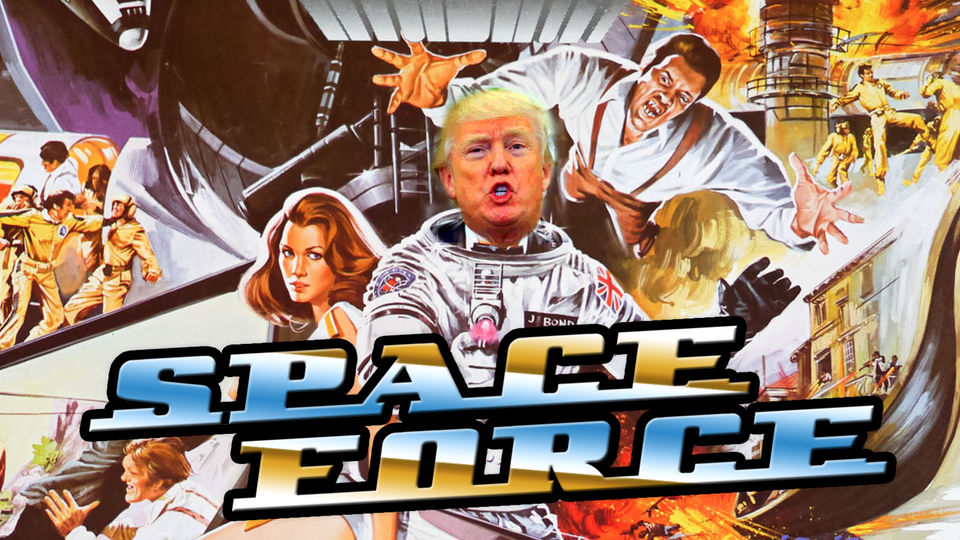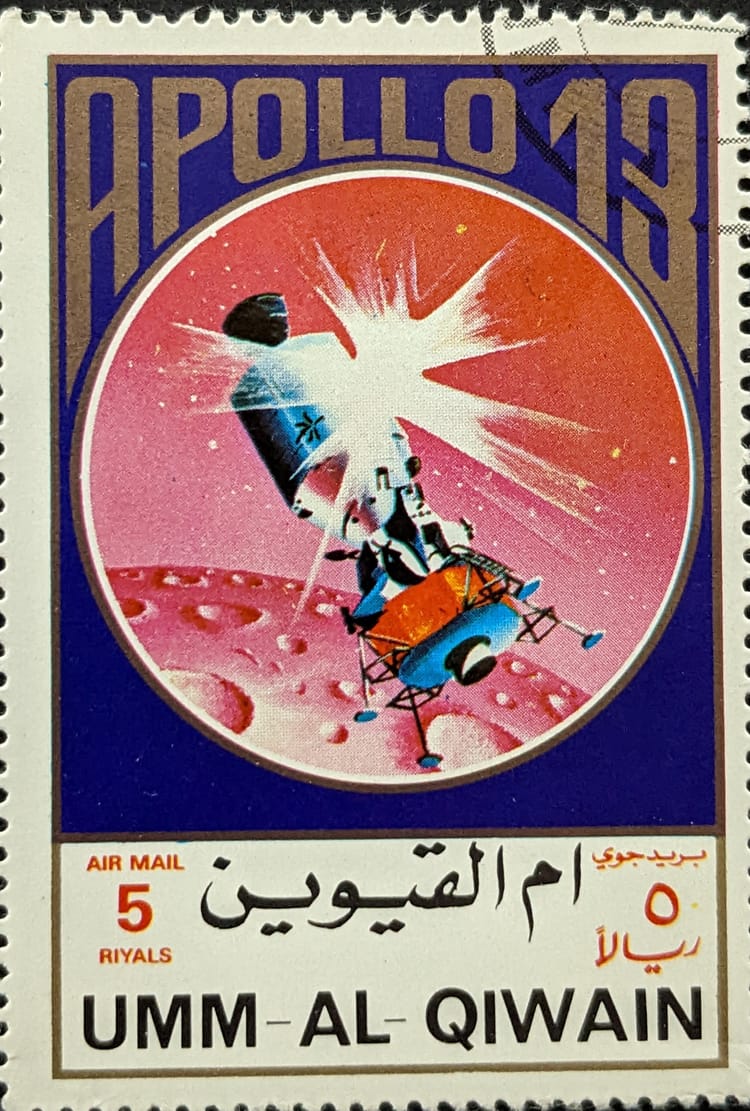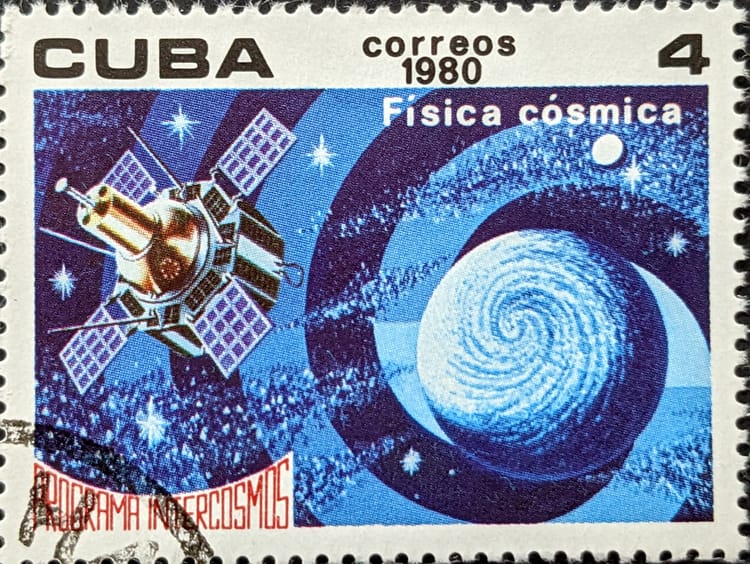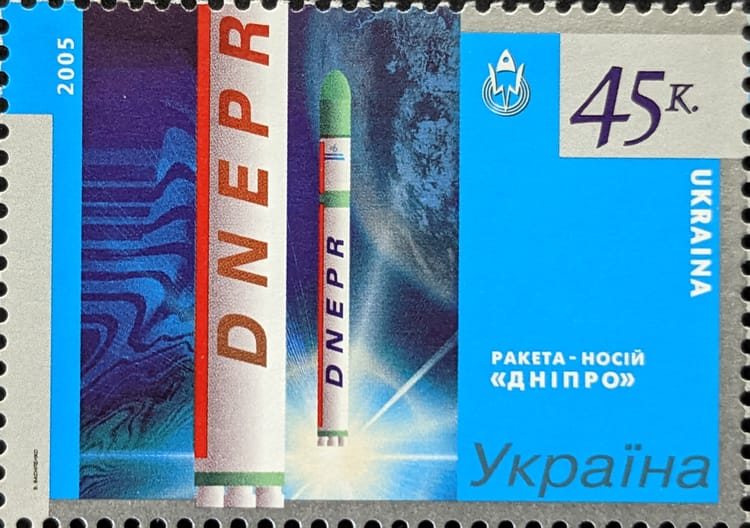Defining the Space Force

I wrote this article for my other site nearly two years ago. But I figure this is still pertinent information to consider for the topic of the US Space Force. Yes, I did tweak it a little for this site.
A lot of news and comments have been made about Trump's announcement of standing up a U.S. Space Force. One, which really hit home even though it was satire, was a bit by Trevor Noah and his team for The Daily Show. The show covers a Trump rally in which people are chanting positively for a Space Force. And then one of the show's "reporters," Michael Kosta, went out to ask one question: what is the space force?
Let's assume Kosta just found the lowest-hangingest, fruitiest persons to interview. Which means it's not surprising that not-a-one of them answered his question. More alarmingly were the displays of distrust from the interviewed of current civil agencies, whether justified or imagined. It was funny, if only because of just how proudly people were pushing their ignorance as a solid justification for backing a space force.
However, these people aren't the only ones who can't answer this question. And it's a little worrisome to realize that one of the primary custodians of space and the space operations forces, the United States Air Force, has a history of waffling about with what a space force is. I know...I was in it during some of this waffling.
I started off working as a missile combat crew commander (a missileer) in various capacities, which meant in essence, I and another officer, babysat nuclear intercontinental ballistic missiles (ICBMs). At the time, I was considered a space operator (most missileers were, since ICBM officers were moved into Air Force Space Command (AFSPC) in 1993).
The USAF assigned us that career code--13S. This meant we were space operators, same as MILSTAR satellite officers, early warning radar officers, officers supervising rocket launch operations out of the various ranges, etc. It was great for missileers, because being assigned that career code meant we had opportunities to cross-train into those other systems. We worked with systems that were very old but in some ways similar to command and control systems of satellite operations and a few other space systems. So the assignment made a little sense.
But then AFSPC absorbed the acquisitions corps for space systems in 2001. Suddenly, acquisitions officers could wear the space operator badge. And in 2009, Cyber troops became a part of AFSPC; however, missileers were taken out that same year to form a separate command, Global Strike. And then in June this year, Cyber was moved from AFSPC to Air Combat Command. I think these decisions emphasize the point of the USAF waffling a bit.
The United States Air Force can't readily define what a space force is!
It's as if the service considers AFSPC to be a "land of misfit toys" command, bundling different missions in, trying to see what makes sense. But if the custodian of all things military space keeps changing things around regarding what space operations should be, then should we expect lawmakers to be able to make heads or tails of it, never mind the willing victims of The Daily Show?
It's not all bad, though.
There is a core of space operators in the USAF. Those are the missile warning operators, the satellite control operators, the launch operators, astronauts, and a few others. There aren't many, compared to other operations in the USAF. But then that's the point of space power--it's a force multiplier and we can punch well above our weight class (although a few of us could still use a little dieting--ever heard of "max-v?").
But notice who the USAF leaves out in the cold for space operations: intelligence types. Look, if Planet, Spire, DigitalGlobe, etc. have analysts working data from satellites, that should be a cue, perhaps, for the USAF to consider intelligence folks working with space systems and crews as part of the "Space Force Stew." There are also the civilian contractors, as well as civil service types who do their duty on the space operations floor. But I don't think any of them get a space operator badge.
So, what is the Space Force? Is it Cyber? Is it acquisitions? Is it a small force of folks who work in the realm of space every day? And is it a force defined by the operations happening today in space? Or a future force, one which may eventually lead to humans conducting military operations while in space?




Comments ()